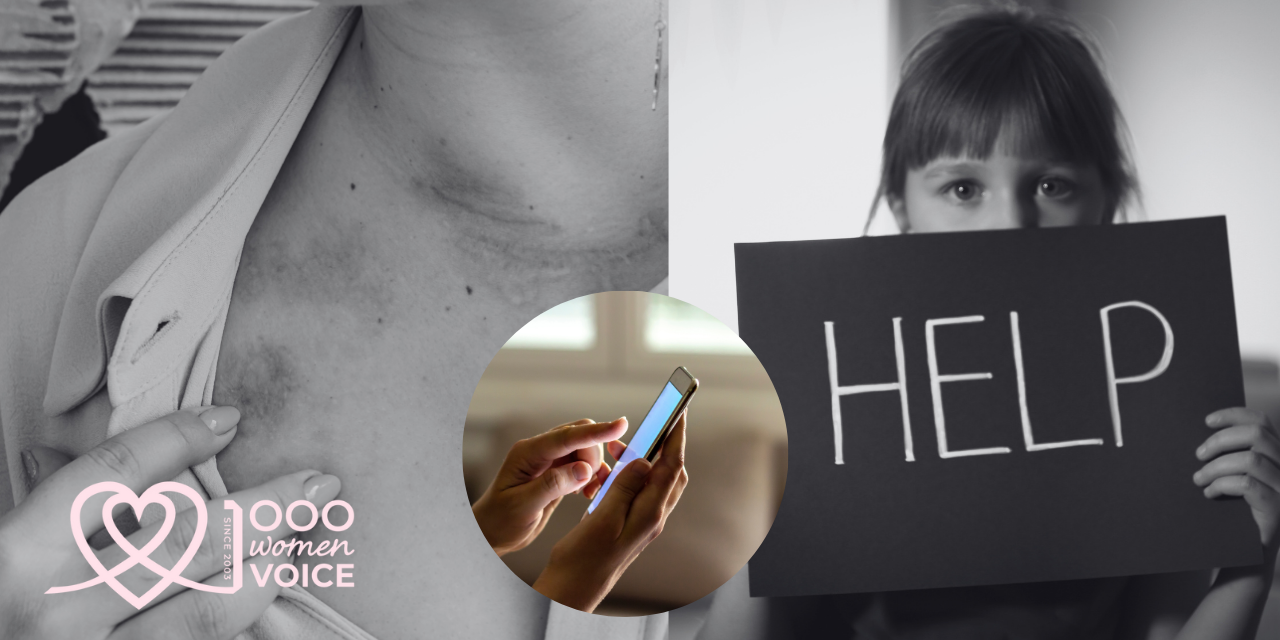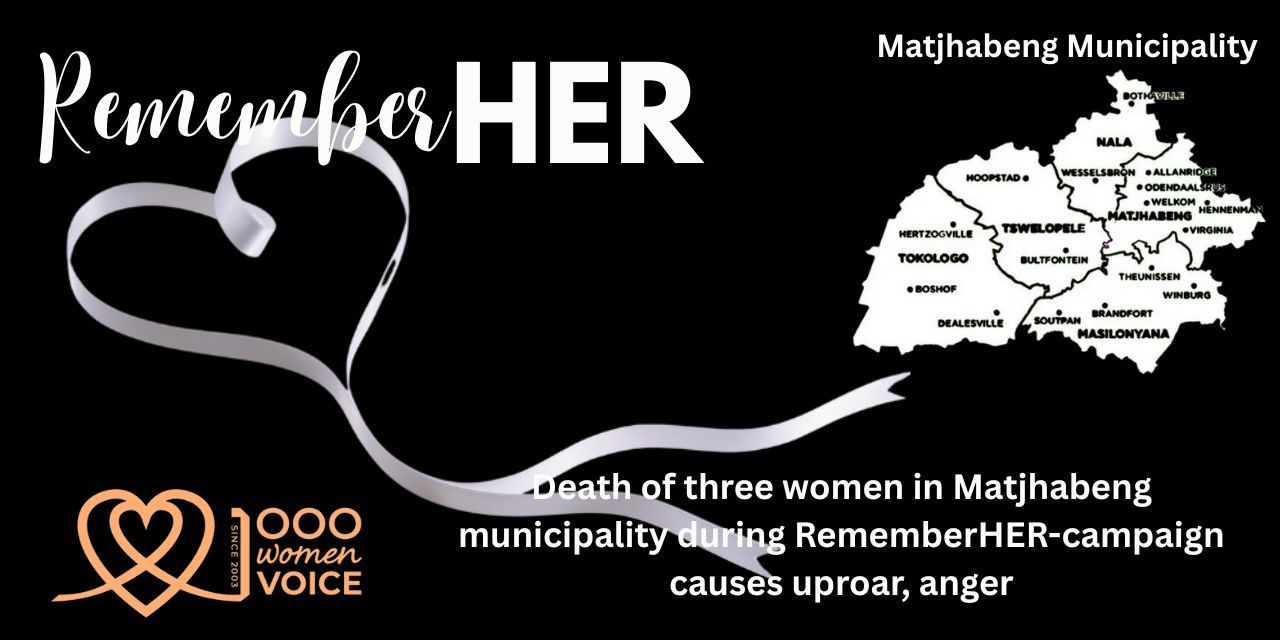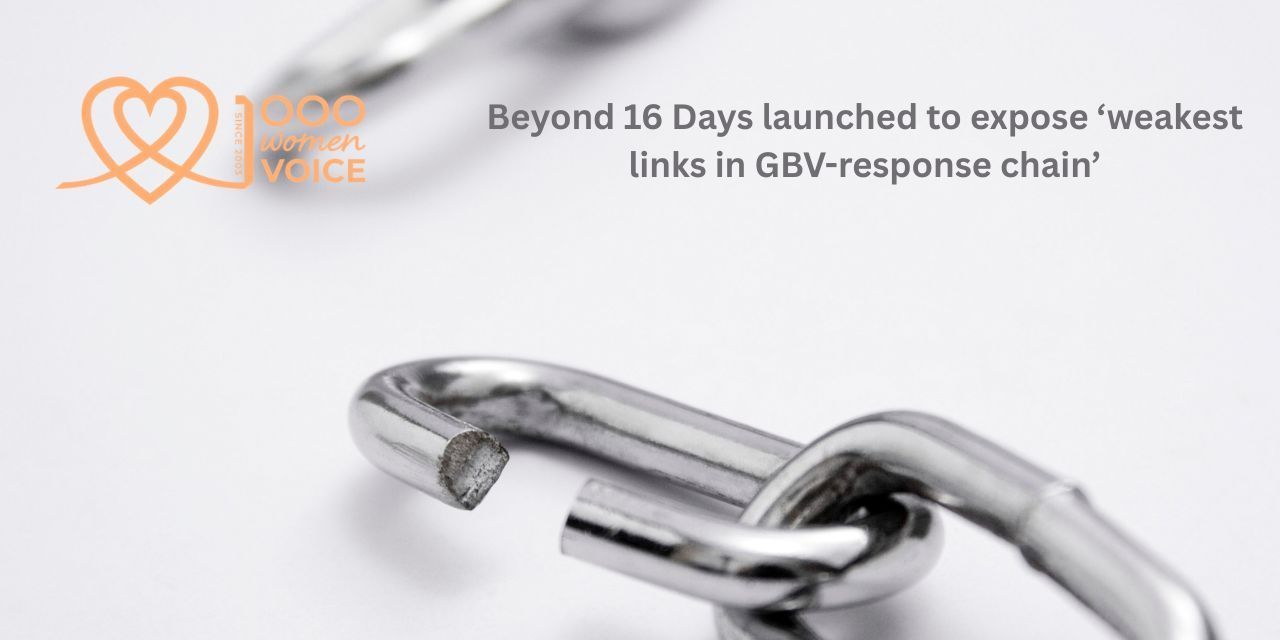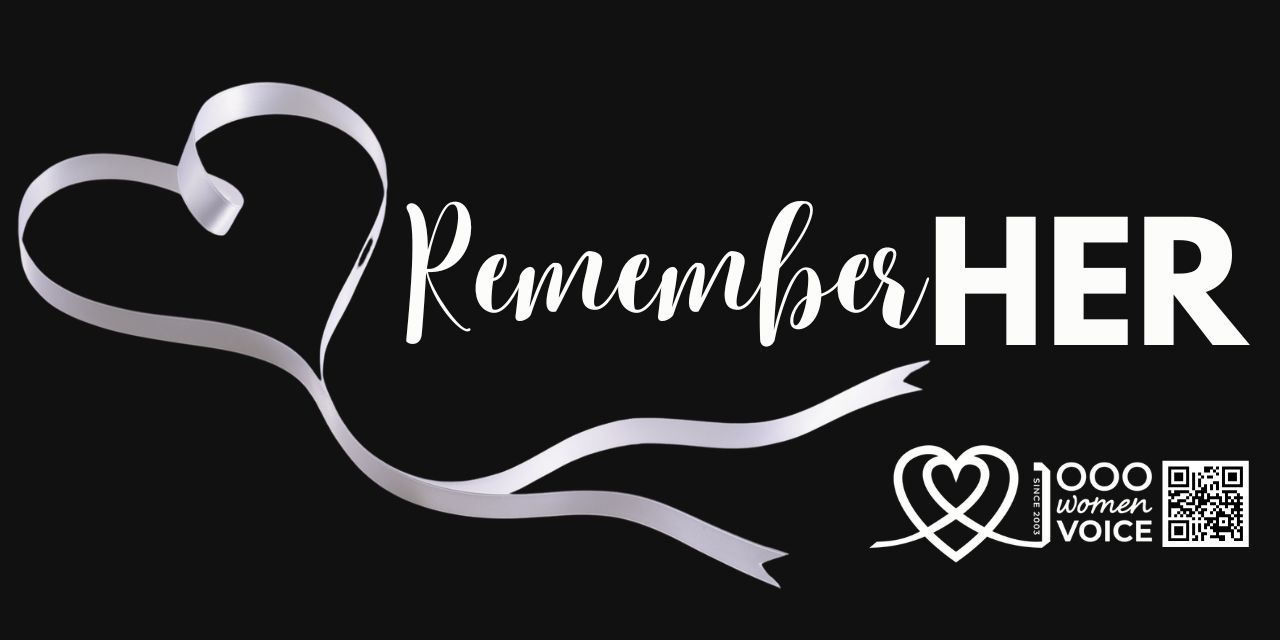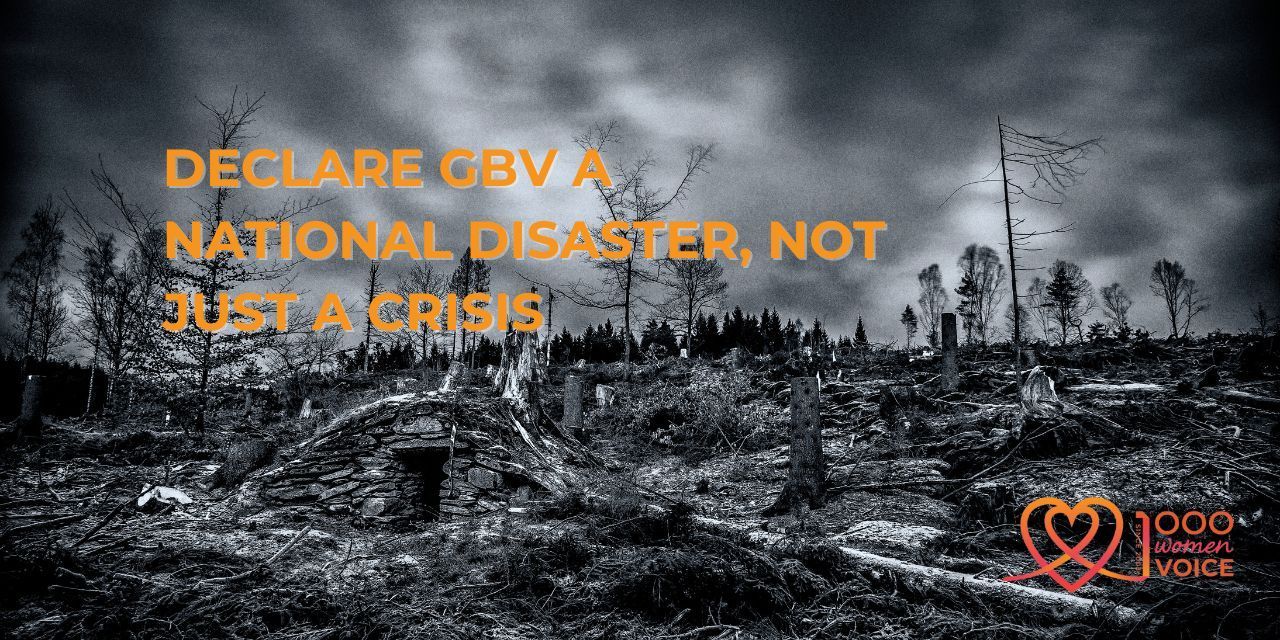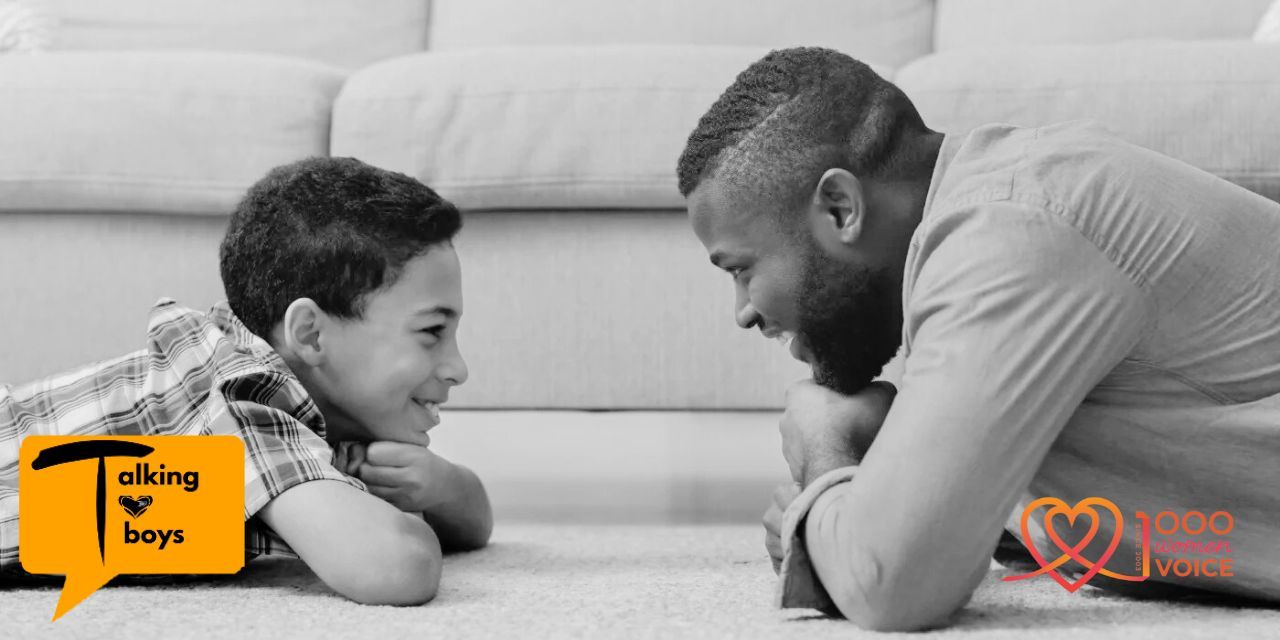AB slams absolute male control; endorses campaign to end gender violence
CAPE TOWN. – The magnitude of school-related gender-based violence (gbv) in South Africa underlines the importance of the major national #MakeTime-campaign recently launched by 1000 Women Trust to address gender-based violence perpetrated by boys during their formative years, said Tina Thiart, founder member of 1000 Women Trust.
Teachers and principals are important agents who as parents must pledge time to share with their children the values of non-violence and respect for women and girls, Thiart said.
In January 2020, Dr Bellita Banda Chitsamatanga and NS Rembe at the Oliver Tambo Chair of Human Rights Centre at the University of Fort Hare, tabled a paper on School-Related gender-based violence as a violation of children’s rights to education in South Africa (source: www.researchgate.net , January 2020).
Their research revealed the alarming levels of gender-based violence in schools in South Africa. In South Africa, school-related gender-based violence is very hight. For instance, about 1.8 million of all pupils between grade three and grade 12, or 15.3%, had experienced violence in one form or another.
A National School Violence Study in South Africa conducted a survey in 2012 and found out that on the whole, one in five learners (22.2 %) had succumbed to some form of violence while at school in the 12 months between August 2011 and August 2012.
This translated to 1 020 597 secondary school learners. (source: www.researchgate.net , January 2020).
The above findings not only indicate the pervasiveness at which learners are victims of school-related gender-based violence, stated Dr Chitsamatanga and NS Rembe, but also highlights the failure of authorities to respond to this phenomenon.
This is particularly critical since teachers; principals; school personnel and learners continue to be implicated as perpetrators.
In addition, the statistics point to how school-related gender-based violence against learners is also viewed as a disquieting reality that inhibits a learner’s personal independence and the right to education.
Teachers and school principals are reported in many studies as perpetrators and key actors in transforming a school culture that appears to legitimise; perpetuate violence and promote unquestioned routine practices that lead to school-related gender-based violence, warns Dr Chitsamatanga and Rembe.
At the end of 2020, 1000 Women Trust launched a major national campaign – called #MakeTime – urging parents to make a pledge to make time to speak to their sons in their formative years to teach them about consent, boundaries and respect for women, and through this simple act, join the cause of fighting against the ongoing, horrific levels of gender-based violence.in South Africa.
The campaign centres on a children’s doll – Krissy Doll – that appears to have been brutally assaulted, exhibiting all the hallmarks of domestic violence. In a digital film, two young girls are playing with the doll, putting make-up on the doll’s face to cover up cuts and bruises.
“Our Krissy Doll is a strong denotation of how women cover-up or hide abuse or violence that is inflicted upon them. By showing a potential future in which little girls accept battered and bruised dolls as if this were the norm, we are hoping to shock South Africans into having critical conversations with their sons,” said Thiart.
1000 Women Trust is an NGO that creates awareness, organises safe spaces for women and mobilizes resources to amplify the voices of women and girls in South Africa.
Thiart said to navigate conversations between parents and sons, 1000 Women Trust have made free-for-all digital resources available at maketime.org.za.
The site hosts age-appropriate talking points and tips on how to speak to boys from the age of one to young men in their teens, an auto-calendar function to set a reminder to make time, and the option to share a pledge to #MakeTime on Facebook and Twitter to drive further awareness on the need to “teach our sons the right way”.
“All we’re asking is for South Africans to #MakeTime to speak to their sons. Words are powerful and children’s behaviour and attitudes are learnt, shaped and moulded by those who care for them,” said Thiart.
“If every South African took just half an hour a month to talk to their sons, about the right way to think and act, consent, boundaries and respect for women, we would soon see less violence, abuse, rape and murder.”
South Africa is recognised as having one of the highest rates of rape and domestic violence in the world.
Thiart said it is vitally important that teachers and principals endorse the #MakeTime-campaign and invest half an hour a month to share values about respect for women and girls as well as non-violence with their own sons, but also with learners at school.
“If they #MakeTime and embrace this campaign, they can shape the future of South African society in a very profound and meaningful way. If they fail in this regard, the consequences would be to painful to contemplate,” Thiart warned.
“Through this campaign, we hope that each and every South African will take up the responsibility to have these type of conversations with our children from an early age so that it becomes a social norm and prevents these crimes from following your daughters into the future,” Thiart added.
AB de Villiers, one of South Africa’s most iconic sports stars, also endorsed #MakeTime-campaign.
“We must unite against gender-based violence now so that our future and that of our children can be free of violence and abuse,” the former South African cricket captain and a former global superstar in tests and One-Day Internationals, emphasized.
De Villiers has also slammed the idea that South African men must be in control of relationships at all costs and said this approach should stop immediately.
“The society today constantly portrays men as always powerful, strong and in control. In a relationship, this control and feeling of power can lead to psychological or emotional abuse, threats and in many cases actual violence,” De Villiers explained.
“This control can even be used as an excuse for abusive behaviour. This needs to stop. We cannot excuse violence and abuse against women and children because men feel they must be in control,” De Villiers maintained.
“Let’s be honest, as a man, I don’t always feel that strong or in control and that is OK, it doesn’t make you less of a man. In fact, admitting it makes you strong and enables you to find a positive solution, without using violence,” he added.
To find out more about the #MakeTime-campaign, pledge your support to make time to talk to your children, visit maketime.org.za and join the conversation at #MakeTime on social media.

